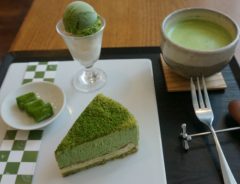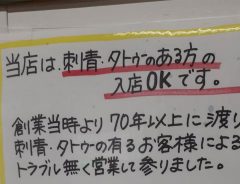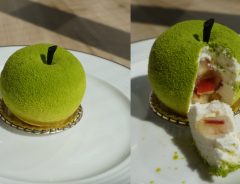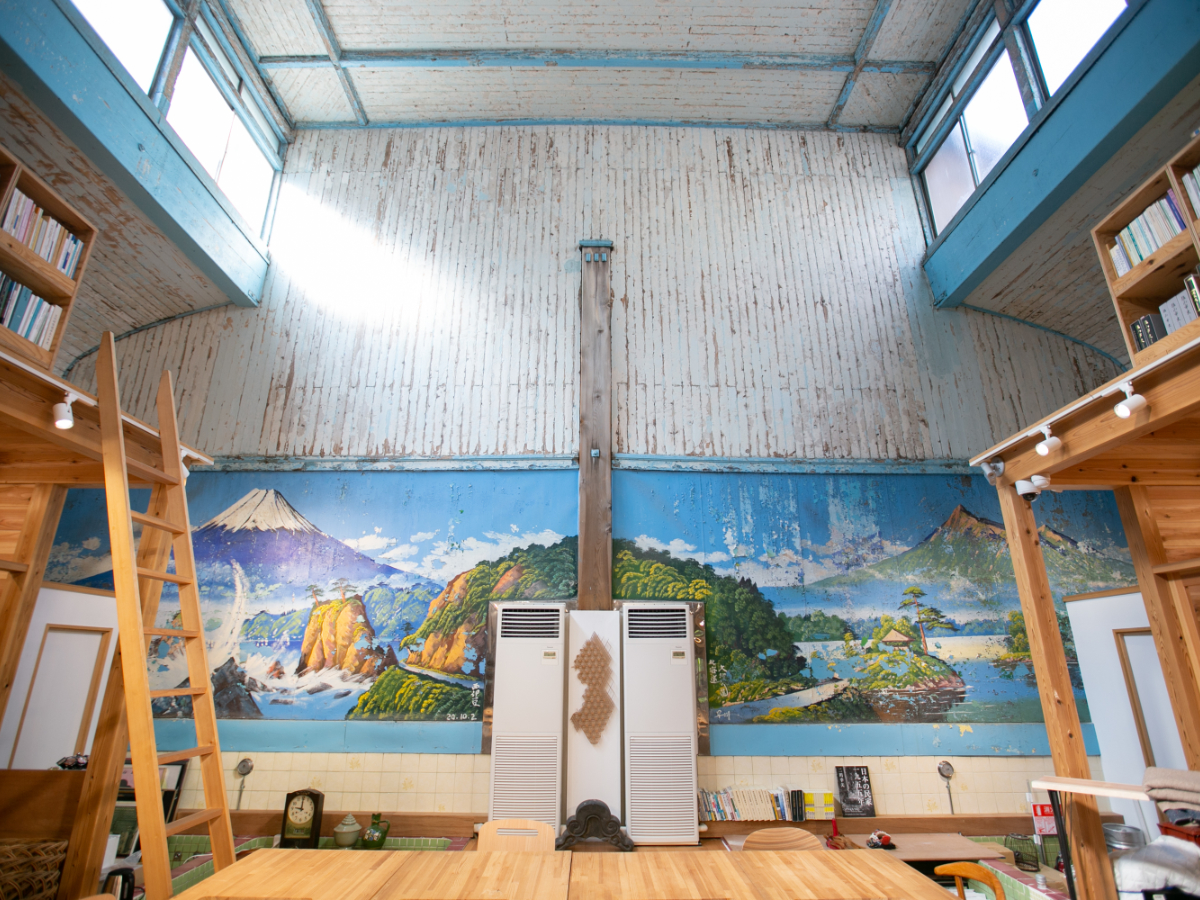Related Article
-

Chachanoma – Green Tea Heaven in Harajuku, Tokyo
-

Public bathhouse in tattoo-averse Japan goes viral for its inclusive welcome sign
-

Café Benisica, Birthplace of Japanese Pizza Toast, Lets You Savor the Showa Era in Yurakucho
-

Mayonnaise-Lovers Are Rejoicing For The Opening Of Two Mayonnaise Cafes In Japan
-

AnyWhere Door Cafe’s ‘Harajuku Apple’ is Tokyo’s Most Beautiful Fairytale Dessert
-

Starbucks Japan Releases Crispy Sweet Potato Frappuccino for Autumn



It is no secret that Japan is one of the best places in the world where one can enjoy a relaxing soak in thermal waters heated by volcanic activity happening far down below the surface.
Formed by the collision of four tectonic plates that still clash and grind with one another on a rather frequent occasion, the nation is under constant geological and geothermal change, which as well as making the archipelago sound like some kind of moody teenager about to unleash the temper tantrum of all time, means it is also the location of more than 3,000 hot springs nationwide.
Of course, the majority of these naturally heated bath waters are located in the country’s more mountainous areas, which the capital city is not. Though one can still find a handful of true onsen in Tokyo, the majority of public baths here are filled with heated water from the area’s water supply (much like how you would run a bath of hot water at home). These ‘man-made’ baths are known as sentō.
During the not so distant past, sentō facilities were very popular with their number reaching a peak of 22,000 nationwide in the 1970’s. However, soon after that homes and apartments began to install private baths and shower units; and with an ever-declining customer base the number of sentō started to decrease.
For a visual image of how much these numbers have declined, in 2006, the capital was the setting for 963 individual sento bathhouses, but as of December 2020, that number has dropped to 499.
In recent years there has been an increase in interest in sentō and sentō culture amongst both Japanese nationals and foreign tourists. This has led to a sort of “sentō revival”, in which some public bathhouses have received structural facelifts, undergone modernization or have been repurposed into different kinds of leisure facilities that still retain and celebrate their historical sentō charm.
One such sentō that has undergone a significant change in operations is Kaisaiyu, which now goes by the name of Rebon Kaisaiyu. After more than 90 years as a popular bathhouse in Tokyo’s Taito-ku, Kaisaiyu turned off it’s faucets for good in 2016 and was renovated and reopened as a cafe in 2020. The brand name ‘rebon’ is derived from the English word ‘reborn’, and is a subtle nod to the change that the bathhouse has undergone in order to become a working cafe.
On the 10th of October 2021 – which has been designated as ‘Sento Day’ – Rebon Kaisaiyu will be collaborating with the still-actively-working Fuku-no-yu sentō in a special event not to be missed by sentō fans!
Limited to one day only, the event will see the two companies teaming up to celebrate the history and culture of sentō.
The first part of the collaboration will see Fuku-no-yu swap out it’s traditional bathing water for a home-roasted coffee bath. Bathing in coffee-infused hot water has been proven to have medicinal effects on the body and to bring beautifying benefits to the skin. Additionally, the rich aromatic smell of coffee can help you relax.
The coffee bath will be making an appearance at Fuku-no-yu during the morning bathing time from 5:00am to 10:00am.
Secondly, bathers at Fuku-no-yu will be gifted with a limited edition body towel when showing a receipt from Rebon Kaisaiyu to the Bandai-san (sento reception clerk). When reversed, a bathing ticket from Fuku-no-yu will get bathers 10% off the bill at Rebon Kaisaiyu. To make the most of these offers, you could spend a day hopping back and forth between the two, enjoying a soak in hot water at Fuku-no-yu and a coffee or ice cream at Rebon Kaisaiyu afterwards.
Next up in the event is a photo exhibition showcasing old images of Fuku-no-yu during its peak as a popular bathhouse for the local community in the Shōwa era.
Finally, the last offer of the one-day event will see the coffee milk at Fuku-no-yu, often served as a post-bathing beverage, replaced with a special cafe au lait from Rebon Kaisaiyu. This special treat will allow bathers to enjoy cooling down after a long soak in a little more luxury than usual.
The drink will be on at Fuku-no-yu for 500 yen.
Rebon Kaisaiyu x Fuku-no-yu Collaboration Event Outline
Date: Sunday October 10, 2021
Rebon Kaisaiyu Business Hours: 11:00 - 19:00
Rebon Kaisaiyu Location: 2-17-11 Shimotani, Taito-ku, Tokyo (5-minute walk from Iriya Station on the Tokyo Metro Hibiya Line)
Fuku-no-yu Business Hours: 5:00 - 10:00, 15:45 - 22:30 (Coffee Bath will only be available from 5:00 to 10:00)
Fuku-no-yu Location: 2-34-6 Senzoku, Taito-ku, Tokyo (10-minute walk from Iriya Station on the Tokyo Metro Hibiya Line)